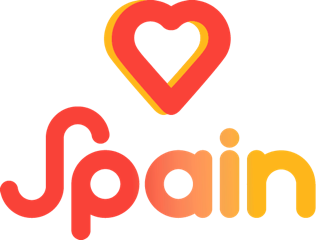Teenage life in Spain
Seville as a safe and affordable city to live in
Seville is the capital of Andalusia, and the 4th most important city in Spain. With an average winter temperature of between 57 and 75 degrees. The sun shines for most of the year. It is a warm city in summer, however, this is not a worry as every home and public space in Seville has air conditioning. Furthermore, most of the houses have a swimming pool, which can either be private or communal.
Seville is a safe and peaceful city with a very low crime rate, what makes it a perfect city for a teenage life in Spain. Seville people love to spend their time outdoors and you will always feel safe walking through the city both during the day and at night.
The cost of living is quite low compared to the rest of Spain and the world, so buying a drink or a snack, using public transport, going to the movies, or doing any other activity will always be within your reach.
Seville a single unit where you will have everything
Families in Spain are very close-knit; young people usually study at the university of their hometown and live with their parents until they finish their studies. Spanish parents are protective and caring and get involved in everything to do with their children and their environment.
In Spain, in general, most families live in the city in large apartments of no less than 3 bedrooms (depending on the number of children). Although there is a growing tendency to look for homes in the suburbs of the city. There are several small towns a few miles from Seville, with all the services you would expect and an excellent quality of life for a teenager life in Spain.
Most of them have shopping malls, cinemas, restaurants, bars, leisure areas, parks, sports centers, soccer fields, and a direct subway line with Seville center. It is most likely that you will stay in one of these towns, where the quality of life and tranquility are guaranteed.
Family, school and friends.
The life of a teenager in Spain is based on three fundamental pillars: family, school and friends.
During your stay in Seville, transport will not be a problem for you. As our families are ideally located in the center of the selected villages. Therefore, you can safely walk or cycle practically anywhere, shopping malls, cafes, restaurants, schools, supermarkets, etc.
There are cycle lanes in practically the whole city and we will provide you with a bicycle should you require one.
You will spend all morning in class, and depending on the school, these will be from 8 am to 3.30 or 4.30 pm.
The journey to school can be done on foot, by bike, or by car with your own host family. Depending on the school, there may be a bus route that takes you to and from school every day.
Premium education
In addition to providing you with an excellent education, the schools will help you relate to young people your age and you can create your own group of friends, with whom you can later share your leisure time and enjoy a full teenage life in Spain.
The teachers in Spain have a very close contact with their students and are usually called by their first name.
The schools in Spain are somewhat different from your country. Putting theory into practice is greatly encouraged. At present the schools are fully immersed in the digital age and some have even replaced books with tablets which students use with the teachers to make their own notes on subjects.
Sports and other activities
Teenage life in Spain also revolves around sports. Although all schools have sports facilities, most of the activities take place outside the school in sports centers in the city where you live. This is particularly the case with soccer, the most popular sport in Spain, which takes place at local soccer team facilities.
During the afternoon, you can dedicate your time to studying, doing your favorite extracurricular activity (music, sport, dance, art, etc.) and if you still have time, meeting your friends.
Young people of your age usually hang out at shopping malls, parks, or go to the center of Seville, especially at weekends. They also like to organize barbecues and parties with friends. Teenage life in Spain with friends is fun and enjoyable!
A family like at home
Weekends are for spending time with family and friends. Families in Seville go out a lot, and they often go out to eat. Most restaurants have terraces on the street and these are always full of people day and night. The basic food when you go out to eat are “tapas”, which offer you an incredible variety of dishes, all exquisite and carefully prepared for you.
Many families have a house at the beach. The beach is very important for Seville people, and many of these houses are only an hour drive by car. It is very common when spring starts to spend weekends at the beach house. They usually do this until the month of October since the good weather in Seville lasts many months! You will have the opportunity to enjoy the beach very often.
In general, you will have a rich and fun social life, and you will be integrated into the activities of your family. Your teenage life in Spain will be unique and unforgettable!
Important tips for students
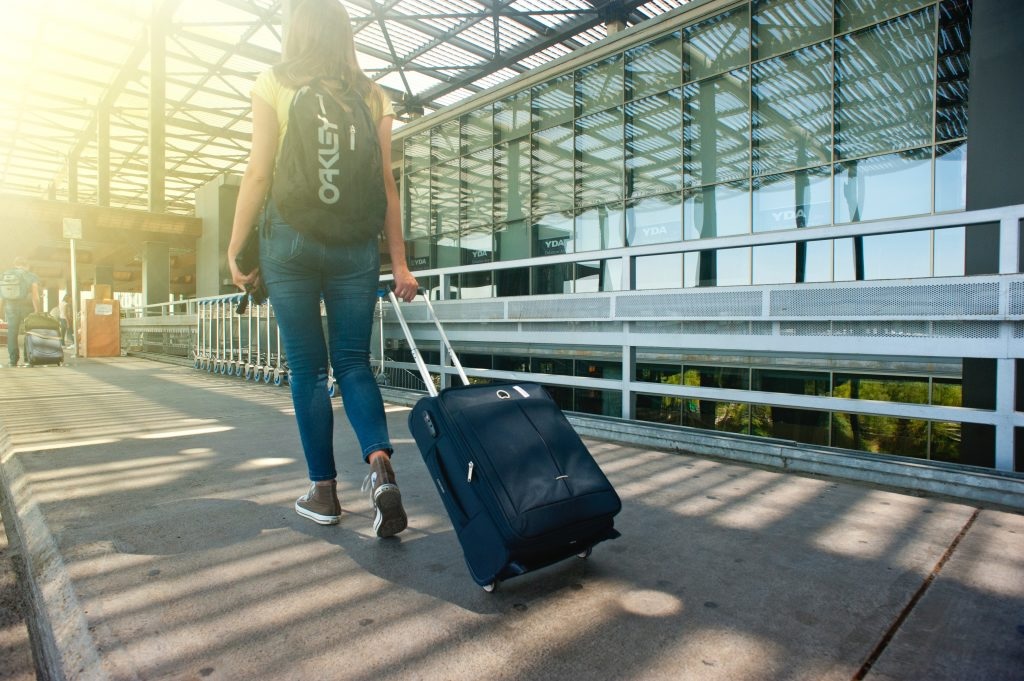
Preparing to leave
Once you have been accepted by a program and are making travel plans, it’s very important that you complete the following:
Find out if you need a visa- A student visa is mandatory for any Non-EU citizen wishing to study in Spain for three months or longer. To get one you need to apply at the Spanish Consulate that corresponds to the state where you live. You must obtain one before you leave your country because visas cannot be obtained in Spain, and Make sure your passport is valid. You must have a passport to enter Spain that will be valid for at least six months after you arrive. If you need to renew your passport or get one. Expect the process to take up to a few months. The visa process can be long and tedious, so it is recommended to begin working on it as soon as possible.
If you have any food allergies, require kosher food, or have other dietary needs, these also need to be communicated to Seville Abroad. If you are a vegetarian, be clear about exactly what you will and will not eat.
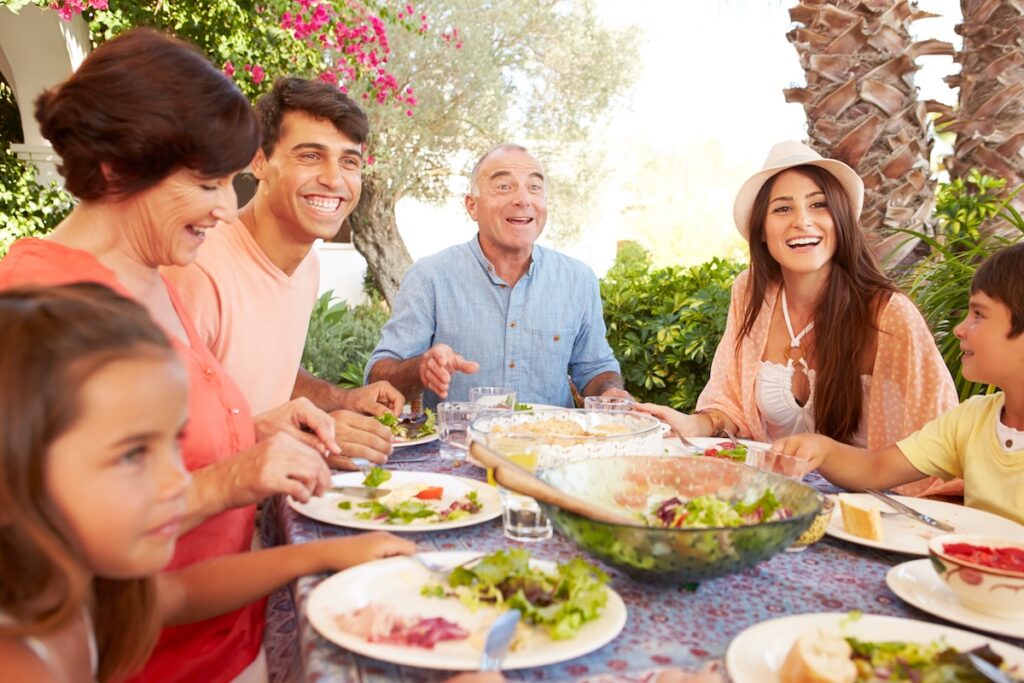
Culture shock
Having an idea of what your personal, academic, and professional goals are will help minimize the effects of culture shock. Culture shock is the emotional and physical difficulties one has when moving to another country. It can be characterized by feelings of depression, anxiety, insecurity, irritability, insomnia and physical difficulties such as aches and allergies. Culture shock occurs most often when one lacks prior knowledge of the country in which he/she will be living and especially when one has never traveled abroad before. This emotional and physical “roller coaster” usually occurs in five major stages:
Honeymoon This is the first stage in which everything seems new and exciting when you arrive in a new place.
Culture Shock Culture shock settles in when you start to realize that you are in a different environment than what you are accustomed to.
Adjustment You are beginning to adjust to the culture and language of Spain and are realizing that things are not as bad as you thought when you were coping with culture shock.
Continual Problems At this point you begin to realize that there are some things about the culture that you will never like or get used to.
Comfort Finally, you come to the point where you are comfortable in Spain and you do not want to go home!
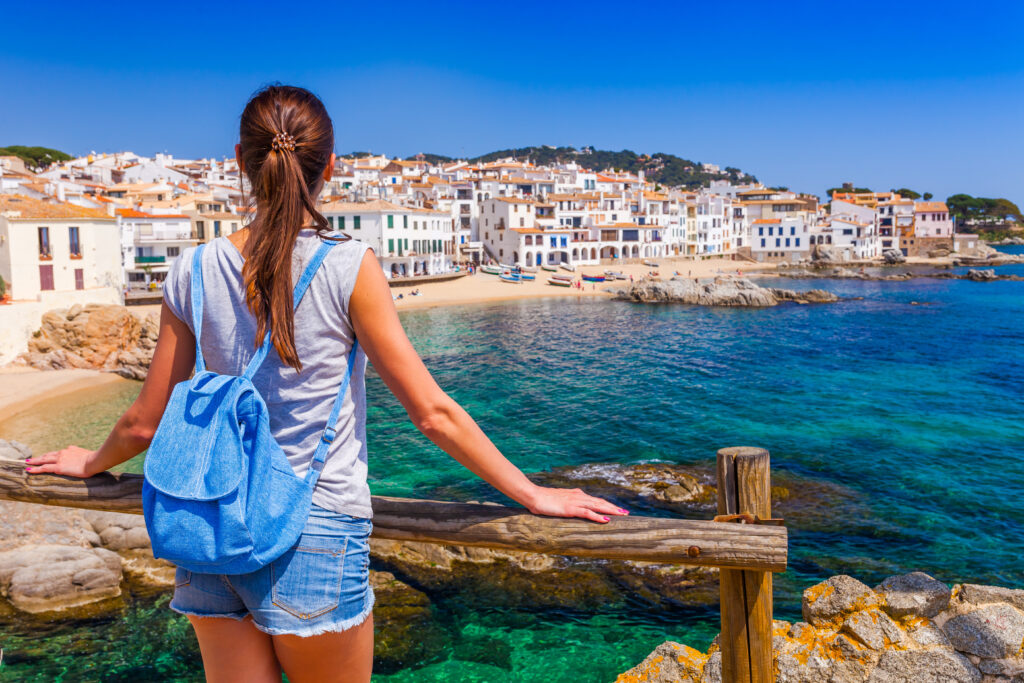
Arriving in Spain
As you will be accompanied by Seville abroad staff throughout your trip we will help you with all the formalities upon your arrival. As you will arrive in the country by plane, you will have to go through police controls (and should have their student visa stamped at entry) and customs.
Seville Abroad will meet group flights and help students go to their homes.
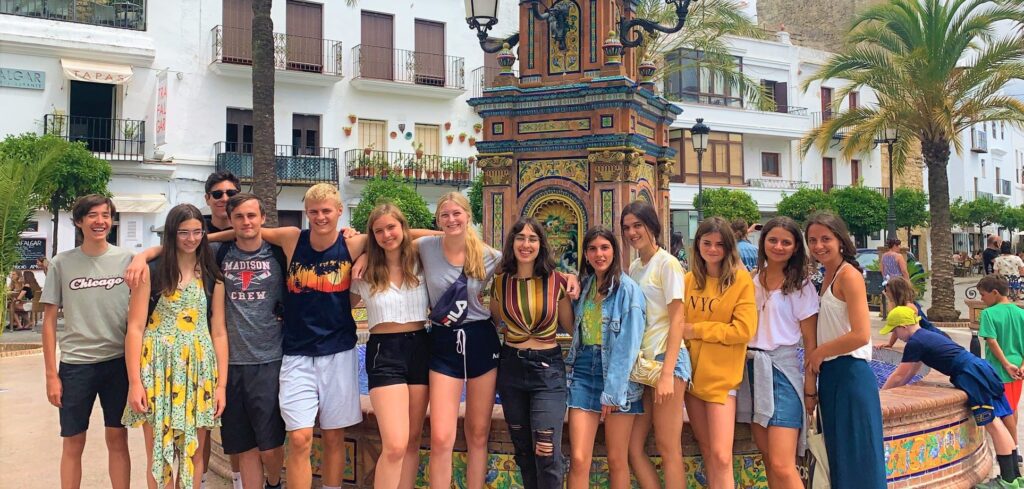
Living in Spain
Although studying abroad can at times be challenging, it often brings about a life-changing experience with many positive benefits. Some of the most important things to bring with you to Spain are an open mind and a general knowledge of the country and city in which you will be studying. Read about and familiarize yourself with Spain’s culture, history, geography and government before you arrive.
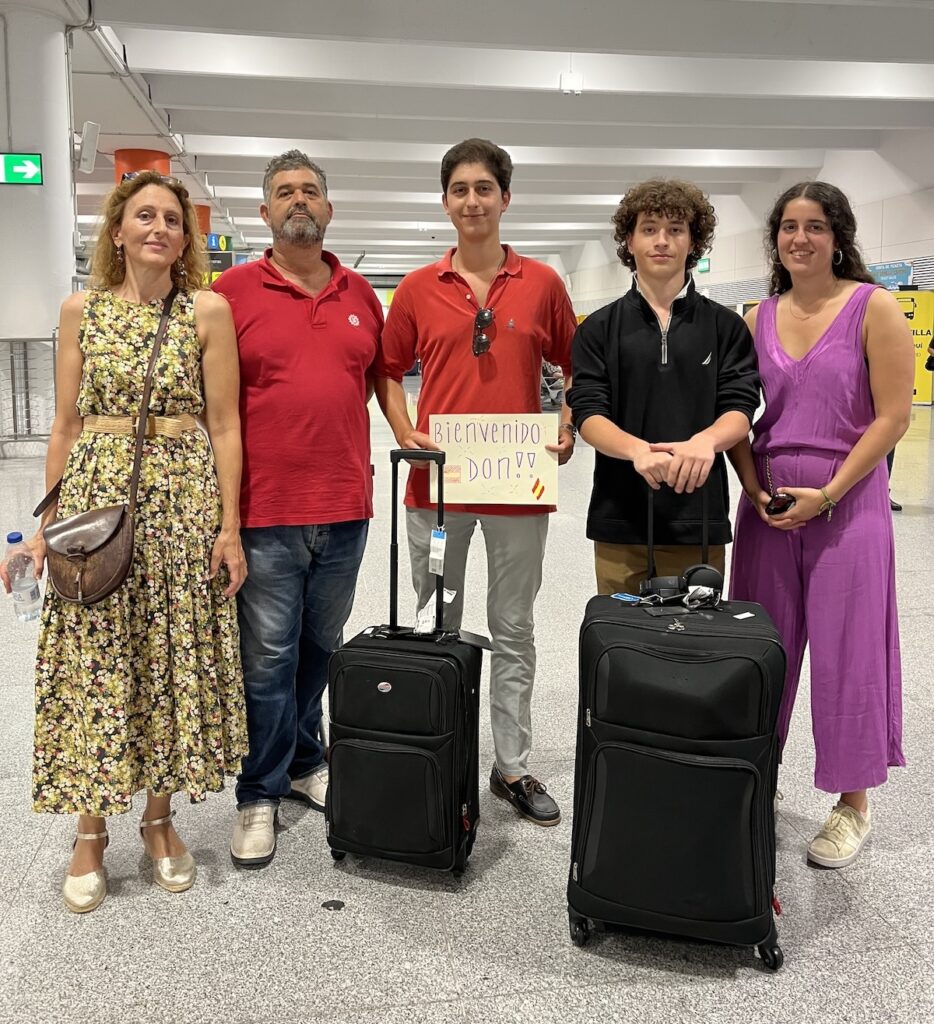
Returning your country
Upon return to your country after studying abroad in Spain, you may experience what is known as “Re-entry shock”, or the process of adjustment to life after study abroad and its accompanying range of emotions. You may not be the same person as when you left your country, and you are not aware just how much you have changed until you return home. Just as there exist stages for Culture Shock, there also exist stages for Reverse or Re-entry Shock, known as the Boomerang Effect. Students may experience the following stages to varying degrees and not necessarily in this order:
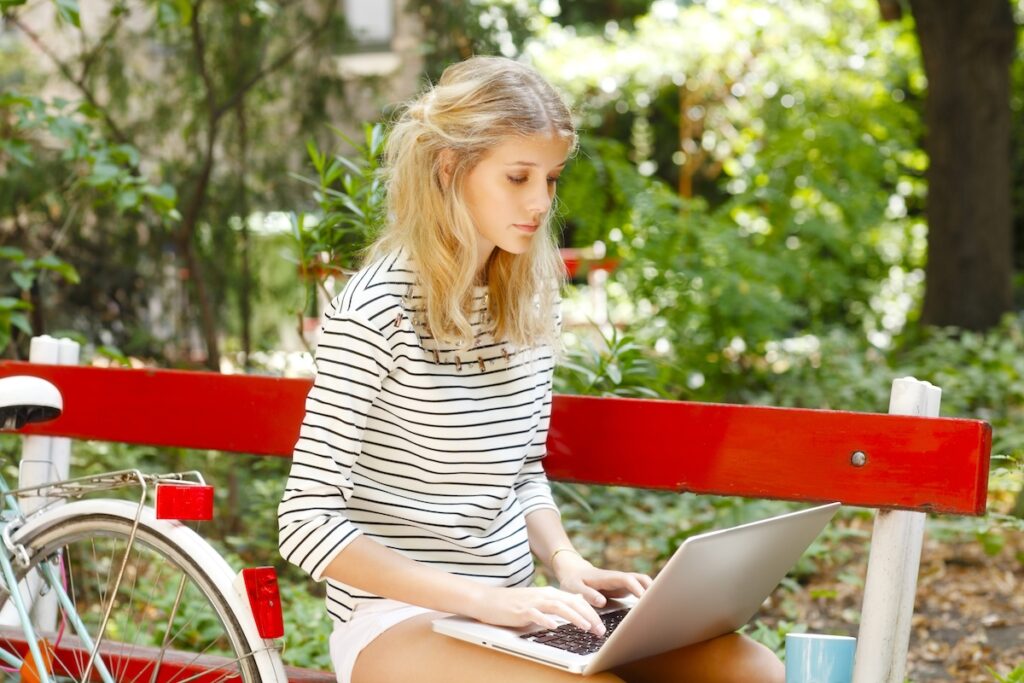
Integrating and Applying your Study Abroad Experience
Here are some ways in which you can integrate your experience abroad at home:
Volunteer, intern, teach, or work abroad.

